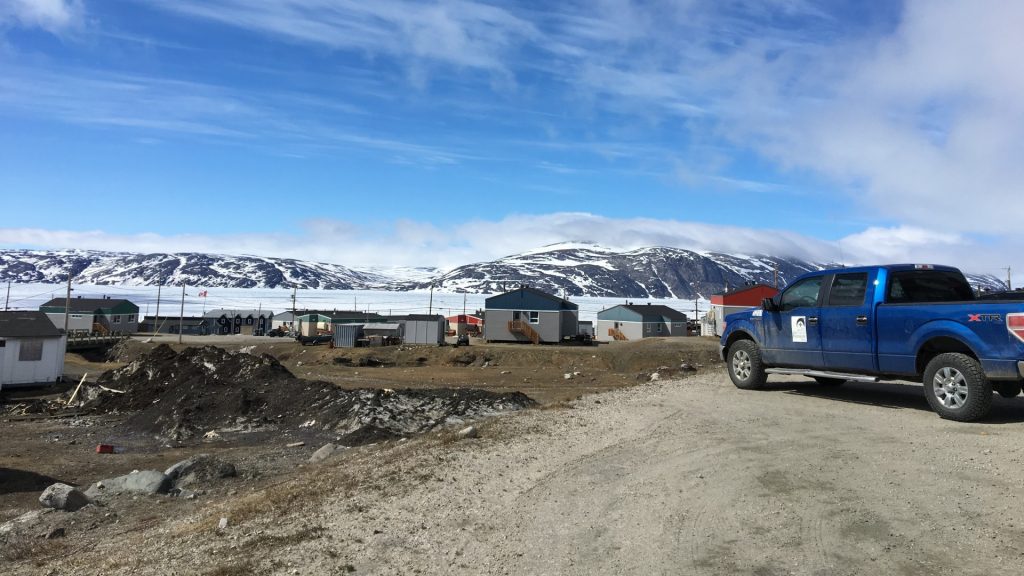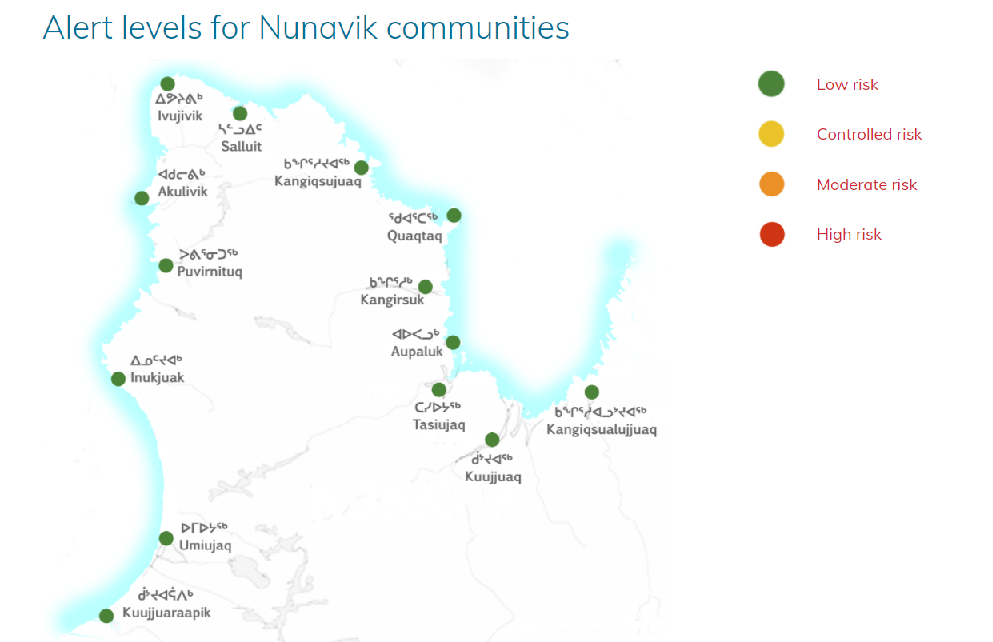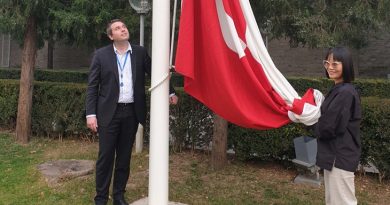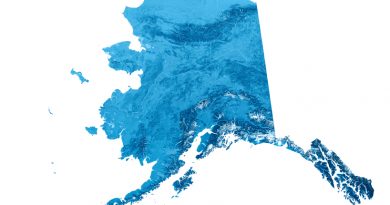Tourism OK’d in Nunavik, Quebec as of June 21

Tourism in Nunavik, the Inuit region of Arctic Quebec, is again permitted as of June 21, the Nunavik Regional Board of Health and Social Services said in a Facebook post on Monday.
Tourists will still be required to fill out a Nunavik Territory Access Authorization (NTAA) form online a minimum of 72 hours before departure to the region. They will also need proof of having had a COVID-19 test between 48 and 72 hours before their flight, and have a second test seven days after arriving.
Those who have have not had two doses of the COVID-19 vaccine, or have received their second vaccine doses within 14 days of visiting Nunavik, will be required to quarantine for 10 days.
Masks will still be required on flights and when out in public.
No one from the NRBHSS was immediately available to discuss the lifting of the tourism restrictions, but in the organization’s Facebook post it said it would continue to monitor the situation in Nunavik and across the province and adjust the policy as necessary.

Nunavik has a population of approximately 13,000 people, with 14 communities in the region. All the communities are fly-in only.
Elsewhere in Quebec, another four regions (Bas-Saint-Laurent, le Saguenay–Lac-Saint-Jean, the Mauricie and the Centre-du-Québec) were moved to “green zones” the lowest COVID-19 alert level in the province.
Write to Eilís Quinn at eilis.quinn(at)cbc.ca
Related stories from around the North:
Canada: Arctic Tourism and the Pandemic podcast, Eye on the Arctic
Finland: How not to promote Arctic tourism – Why Finland’s Indigenous Sami say marketing their region needs to change, Eye on the Arctic



